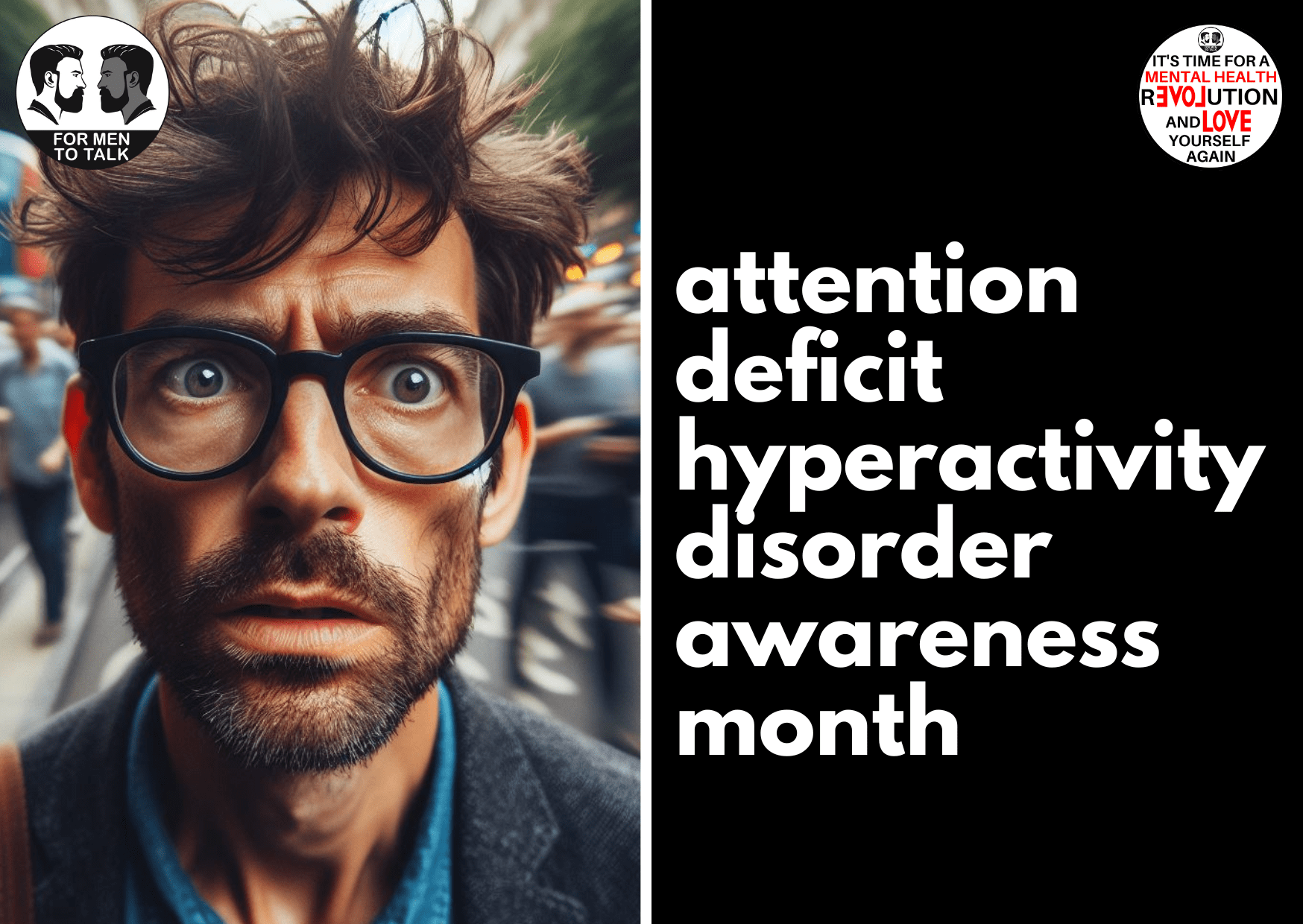Navigating the dopamine deficit: Understanding ADHD and dopamine-seeking behaviour

Dopamine, often referred to as the “pleasure” or “reward” neurotransmitter, plays a crucial role in regulating various cognitive and emotional functions in the brain. However, individuals diagnosed with Attention Deficit Hyperactivity Disorder (ADHD) often grapple with a deficiency in dopamine neurotransmission across synapses. This deficit can give rise to a range of behaviours commonly described as dopamine-seeking, particularly during the pivotal developmental period between the ages of 13 and 21.
The Dopamine Deficiency in ADHD
ADHD is a neurodevelopmental disorder characterised by persistent patterns of inattention, hyperactivity, and impulsivity. Research suggests that one of the underlying factors contributing to these symptoms is a deficiency in the transmission of dopamine, a neurotransmitter responsible for transmitting signals between nerve cells in the brain. Dopamine is integral to the brain’s reward system, influencing motivation, pleasure, and reinforcement of behaviour.
In individuals with ADHD, the neurotransmission of dopamine is disrupted, leading to challenges in sustaining attention, regulating impulses, and managing hyperactivity. This deficiency can manifest in various ways, impacting both cognitive and emotional aspects of daily life.
Dopamine-Seeking Behaviour
To compensate for the deficient dopamine transmission, individuals with ADHD may engage in dopamine-seeking behaviour. This refers to a tendency to seek out activities or experiences that provide a surge of dopamine, aiming to alleviate the ongoing deficit. These behaviours can range from impulsive actions and risk-taking to seeking novel and stimulating experiences.
During adolescence and early adulthood, a period marked by significant neurobiological and hormonal changes, the dopamine deficit in ADHD may become more pronounced. The desire for increased stimulation and novelty is heightened during this time, leading to a surge in dopamine-seeking behaviour. This phase can be particularly challenging for individuals with ADHD as they navigate the transition from adolescence to adulthood.
Understanding ADHD and Dopaminergic Challenges
The link between dopamine and ADHD sheds light on the complexities of the disorder. Dopamine is not only involved in pleasure and reward but also plays a crucial role in executive functions such as planning, organisation, and emotional regulation. As individuals with ADHD experience challenges in these areas, they may resort to seeking immediate rewards and novel stimuli to counteract the ongoing dopamine deficit.
Implications for Treatment
Recognising the interplay between dopamine deficiency and ADHD symptoms is crucial for developing effective treatment strategies. Traditional treatments for ADHD often involve medications that target dopamine levels, such as stimulant medications like methylphenidate and amphetamine. These medications work by increasing dopamine availability in the brain, helping to improve attention, focus, and impulse control.
Nonetheless, a comprehensive approach to ADHD management should extend beyond medication. Behavioural interventions, psychoeducation, and support systems play pivotal roles in helping individuals with ADHD navigate the challenges associated with dopamine-seeking behaviour. Developing coping mechanisms and fostering a supportive environment can empower individuals to manage their symptoms effectively.
Conclusion
In summary, the intricate relationship between dopamine deficiency and ADHD sheds light on the challenges faced by individuals with this neurodevelopmental disorder. The increased prevalence of dopamine-seeking behaviour, particularly during the critical developmental stage between ages 13 and 21, underscores the need for a holistic understanding of ADHD. By acknowledging the interplay between neurotransmitter imbalances and behavioural manifestations, we can pave the way for more nuanced and effective approaches to the diagnosis and treatment of ADHD.